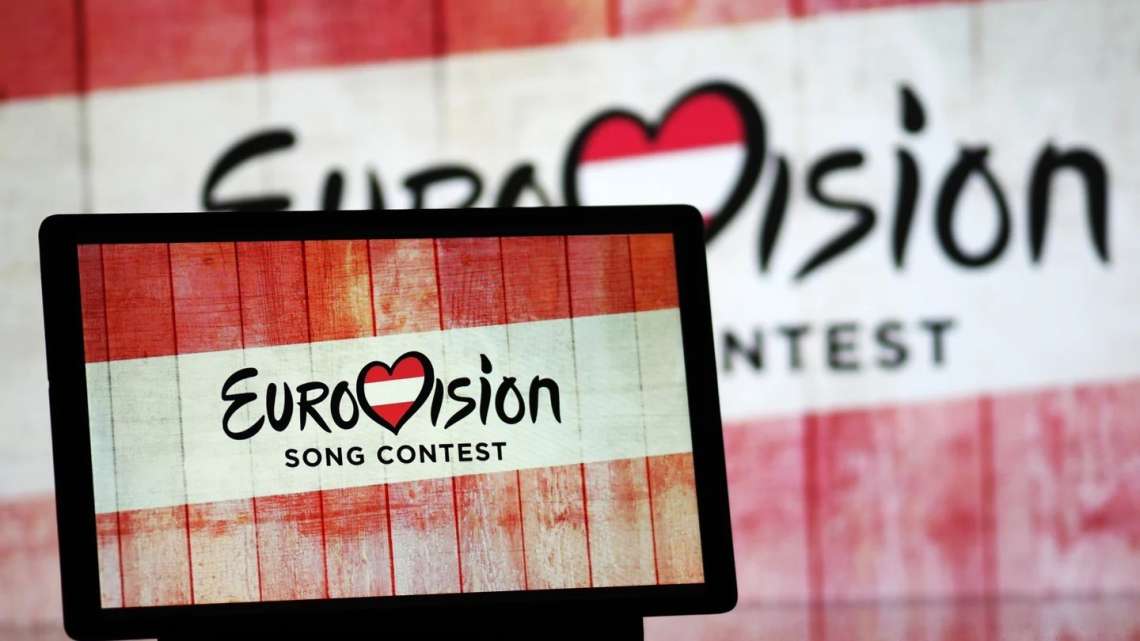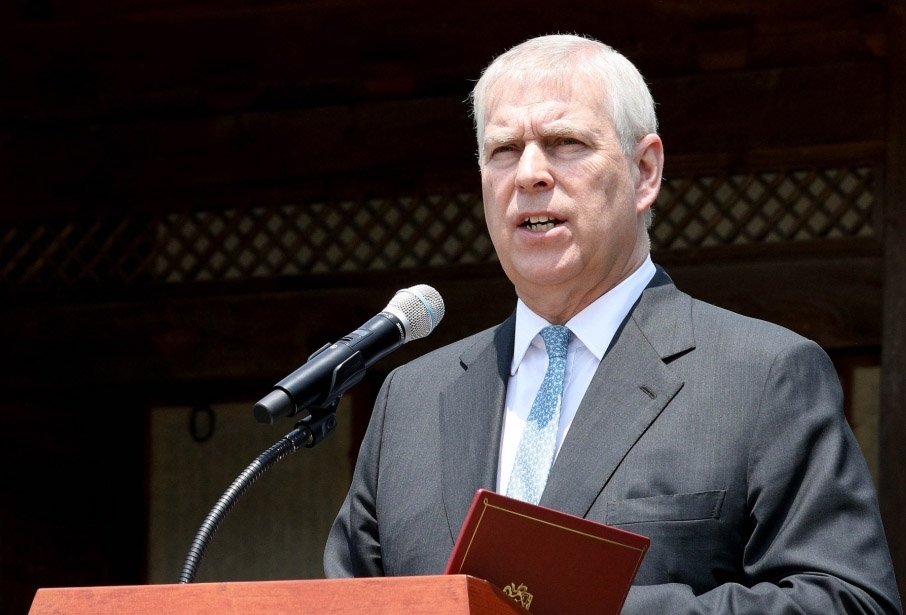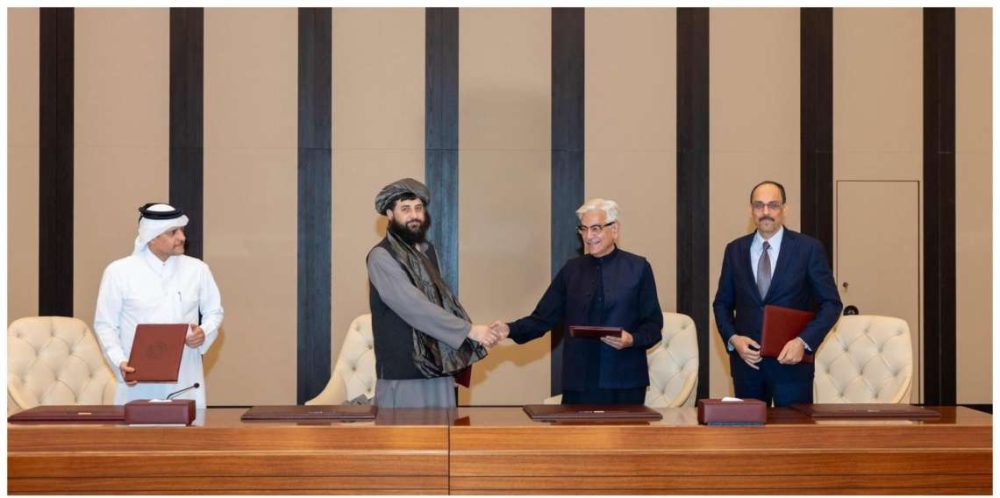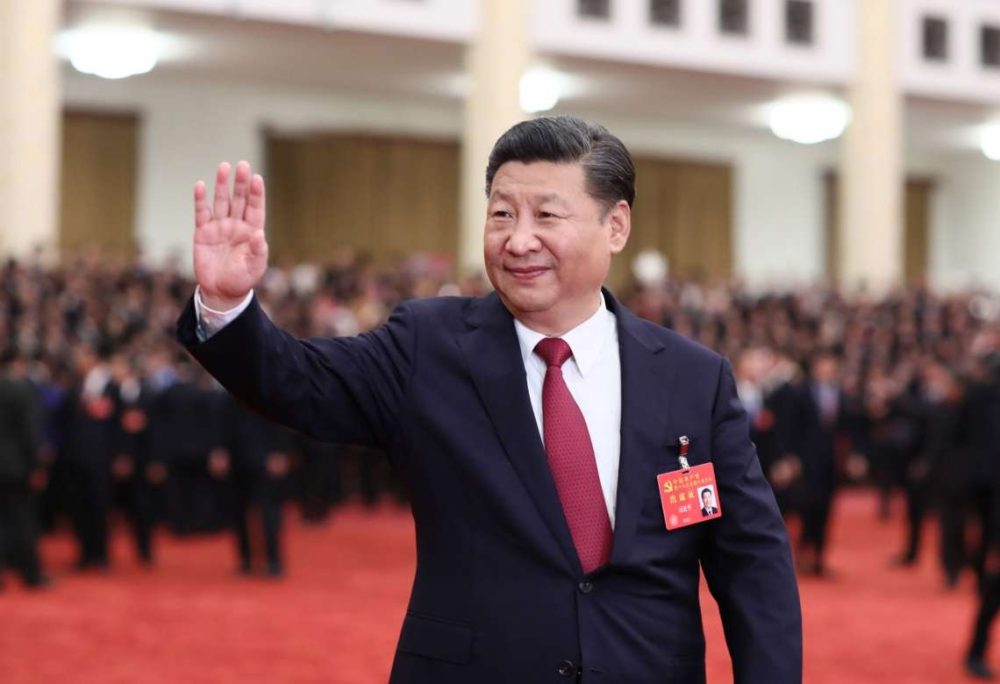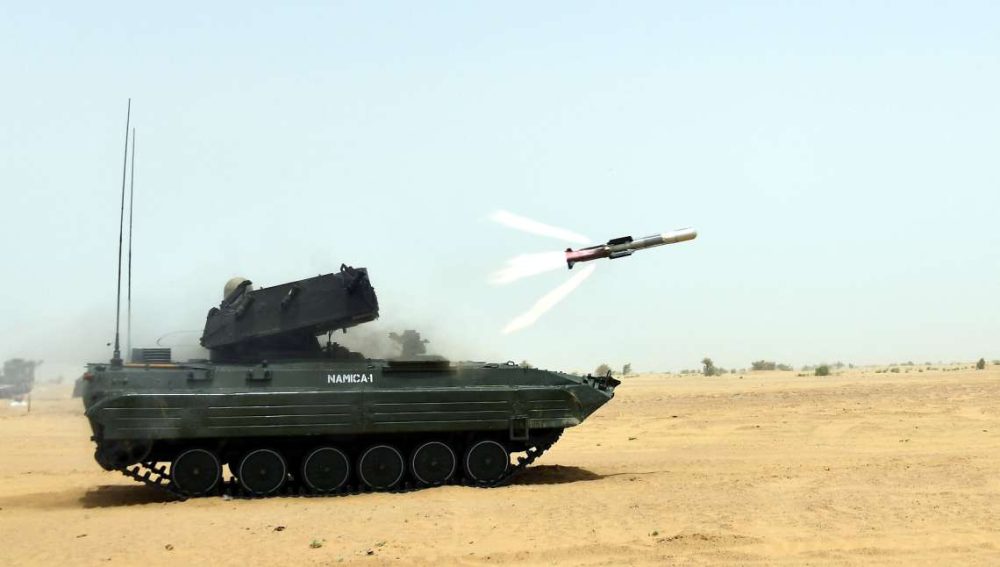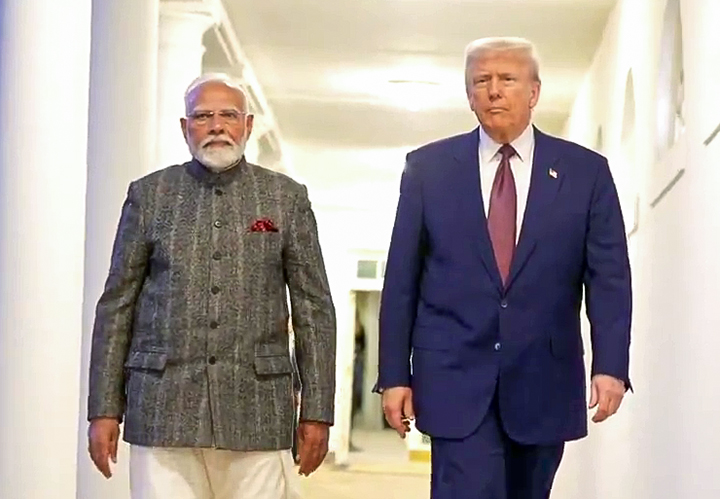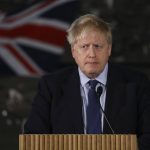RTÉ joins growing European backlash as calls mount for organisers to bar Israel from 2026 contest in Vienna…reports Asian Lite News
Ireland has said it will not take part in the 2026 Eurovision Song Contest if Israel is allowed to compete, becoming the latest broadcaster to challenge the event’s organisers over the war in Gaza.
In a strongly worded statement, RTÉ said that Ireland’s participation “would be unconscionable given the ongoing and appalling loss of lives in Gaza.” The national broadcaster, which has won the competition seven times — more than any other country bar Sweden — said it would make a final decision once the European Broadcasting Union (EBU) confirms Israel’s status.
The 2026 contest is scheduled to be held in Vienna next May, but the EBU is under mounting pressure from several member states to exclude Israel. Slovenia’s broadcaster, RTVSLO, has already declared it will withdraw if Israel is permitted to compete, while Spain’s culture minister, Ernest Urtasun, has warned that his country may also boycott the event.
From Iceland, Stefán Eiríksson of RÚV said its involvement “is subject to the outcome of the ongoing consultation process within the EBU, due to the participation of the Israeli state broadcaster KAN in the competition.” He added that RÚV “reserve the right to withdraw if the EBU does not respond satisfactorily.”
RTÉ’s intervention goes beyond Gaza’s civilian death toll. The broadcaster highlighted what it described as “the targeted killing of journalists in Gaza, the denial of access to international journalists to the territory, and the plight of the remaining hostages.” It emphasised that its stance is not final but conditional on the EBU’s decision, which is expected later this year.
Martin Green CBE, the newly appointed director of the Eurovision Song Contest, acknowledged the depth of feeling. “We understand the concerns and deeply held views around the ongoing conflict in the Middle East,” he said. “We are consulting with all EBU members to gather views on how we manage participation and geopolitical tensions around the contest. Broadcasters have until mid-December to confirm if they wish to take part, and we will respect any decisions they make.”
The EBU has long maintained that Eurovision is an apolitical event. But critics say the organisation has failed to act consistently, pointing to the exclusion of Russia following its invasion of Ukraine in 2022. Campaigners argue that the same principle should apply to Israel.
RTÉ had already signalled unease before this year’s competition in Malmö. Director general Kevin Bakhurst wrote to the EBU requesting a discussion about Israel’s involvement, saying he was “appalled by the ongoing events in the Middle East and by the horrific impact on civilians in Gaza, and the fate of Israeli hostages.” He added that RTÉ must balance its obligations of objectivity with recognition of the political pressure on Israel’s state broadcaster, Kan, which is publicly funded and closely tied to government policy.
The calls for Israel’s exclusion are not limited to broadcasters. Earlier this year, more than 70 former Eurovision contestants signed an open letter demanding that the EBU impose a ban. Among them were artists from across Europe who argued that the competition’s values of “peace and unity” were incompatible with allowing Israel to take part while the war in Gaza continues.
Ireland’s stance has been welcomed by fans who have long campaigned for a boycott. Frank Dermody, chair of the Irish Eurovision fan club, described RTÉ’s announcement as a “very good decision.” He said: “I found it quite difficult the last two years watching a country use our competition of peace and love to spread the opposite.” Dermody warned that if more broadcasters follow suit, the contest could shrink dramatically. “You may end up with a competition of 15 or 20 countries,” he said. Normally, between 37 and 40 nations participate.
The EBU now faces a dilemma that could shape the future of Eurovision. If it allows Israel to participate, it risks losing multiple member states and alienating large sections of its audience. But if it bars Israel, it will face accusations of politicisation and bias, and potentially provoke a split with some national broadcasters.
For Ireland, the decision marks a striking turn in its Eurovision story. Once a powerhouse of the contest, with four consecutive victories in the 1990s, the country has struggled in recent years, failing to qualify for the final on several occasions. A boycott would mean Ireland sits out the contest for the first time in its history.
The EBU has until December to clarify its position, but with Slovenia, Iceland, Spain and now Ireland raising the stakes, pressure is growing for Eurovision’s organisers to choose between inclusivity and credibility. For fans, artists and broadcasters alike, the contest risks being overshadowed by geopolitics, leaving its reputation as a “festival of music and unity” under unprecedented strain.


